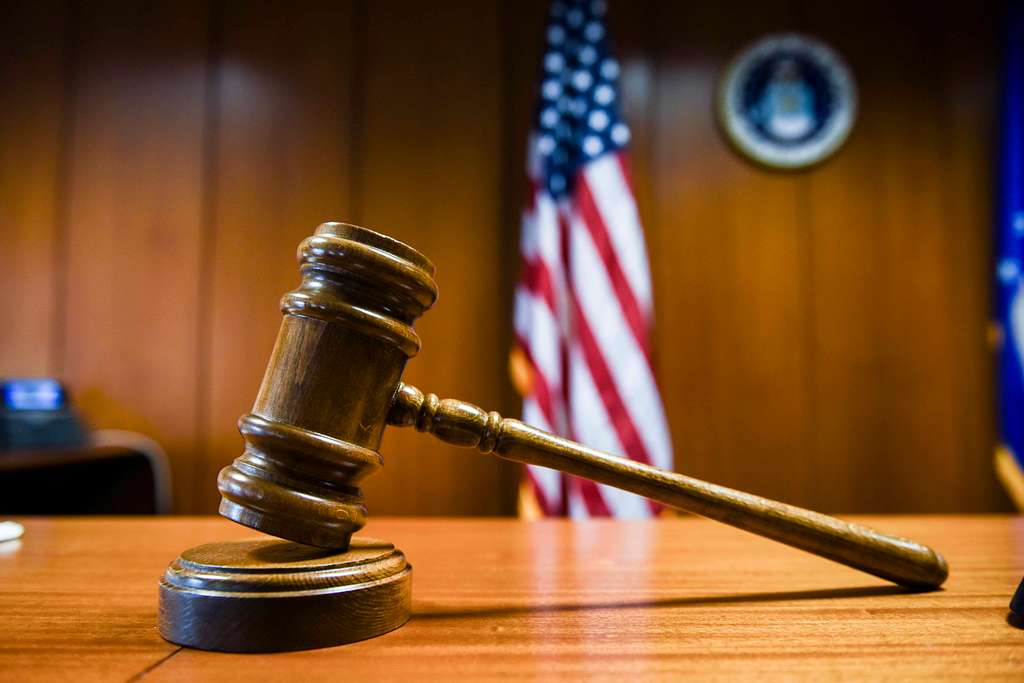Australian consumers are among the most protected in the world, but who actually enforces these rights? Understanding how consumer laws work, and knowing which organization to turn to if you have a problem, can make all the difference when you’re shopping, signing contracts, or using services in Australia. In this article, we’ll explore the key agencies responsible for upholding consumer protections and explain how you can get help when you need it.
What Are Consumer Laws in Australia?
Consumer laws exist to protect people like you from unfair practices in the marketplace. Australia’s main set of rules is known as the Australian Consumer Law (ACL). These laws ensure that businesses operate fairly, products are safe, and advertising is honest. They apply to goods, services, and even digital products, covering areas such as refunds, warranties, product safety, and misleading conduct.
The Major Player: The Australian Competition and Consumer Commission (ACCC)
When it comes to enforcing consumer laws in Australia, the Australian Competition and Consumer Commission (ACCC) is the lead agency. The ACCC is an independent authority working under the Australian Consumer Law to ensure businesses follow the rules and to promote fair trading.
What Does the ACCC Do?
- Investigates complaints about misleading conduct, scams, unsafe products, and anticompetitive behavior.
- Takes legal action against businesses that break consumer law.
- Provides information and guidance to both consumers and businesses.
- Monitors sectors like telecommunications, energy, and groceries for compliance.
If you’ve been misled, sold a faulty product, or been treated unfairly by a company, the ACCC is the first place to start for serious breaches of consumer law.
State and Territory Consumer Protection Agencies
While the ACCC leads at a national level, each Australian state and territory has its own consumer protection agency that enforces the law locally. These are often your best point of contact for everyday disputes with traders or businesses, including issues with goods, services, repairs, and housing.
Key State and Territory Consumer Agencies
- New South Wales: NSW Fair Trading
- Victoria: Consumer Affairs Victoria
- Queensland: Office of Fair Trading Queensland
- Western Australia: Consumer Protection WA
- South Australia: Consumer and Business Services
- Tasmania: Consumer, Building and Occupational Services
- Australian Capital Territory: Access Canberra
- Northern Territory: NT Consumer Affairs
These agencies help resolve disputes, educate consumers, investigate complaints, and sometimes take legal action against rogue businesses operating within their state or territory.
How Do These Agencies Help Consumers?
- Handling complaints about poor service or faulty goods.
- Investigating scams and misleading advertising.
- Mediating disputes between consumers and businesses.
- Enforcing fines or penalties on companies that break the rules.
If your issue involves a local business or relates to property rentals, used cars, or tradespeople, the relevant state or territory agency is usually your best contact.
Other Important Regulators
Sometimes, specific consumer issues fall under the care of other authorities.
Key Examples:
- Australian Securities & Investments Commission (ASIC): Handles consumer complaints about financial products, credit, and insurance.
- Australian Communications and Media Authority (ACMA): Oversees issues related to telecommunications, broadcasting, and spam.
- Australian Energy Regulator (AER): Ensures fair conduct in electricity and gas markets.
For investment, banking, or telecommunications issues, these specialized regulators have their own enforcement powers and can help enforce consumer rights in those sectors.
The Role of Courts and Tribunals
When disputes can’t be resolved by negotiation or mediation, matters may escalate to courts or tribunals. These bodies can make legally-binding decisions, order compensation, or impose penalties. In Australia, smaller consumer cases often go to bodies like the NSW Civil and Administrative Tribunal (NCAT) or Victoria’s Victorian Civil and Administrative Tribunal (VCAT). The Federal Court of Australia may get involved in large or serious breaches of the Australian Consumer Law.
How Do These Agencies Enforce Consumer Laws?
The enforcement toolbox includes:
- Investigations and audits.
- Issuing warnings and public alerts.
- Fines and penalties for businesses or individuals breaking the rules.
- Legal action, including consumer protection lawsuits.
- Product recalls for unsafe goods.
Sometimes, public name-and-shame campaigns aim to deter other businesses from similar behavior. Public education is also a vital part of enforcement, helping people to recognize and avoid unfair practices.
What Should You Do if Your Consumer Rights Are Breached?
- Try to Resolve the Issue Yourself: Contact the business directly and clearly explain the problem. Keep records of all communications and receipts.
- Contact Your State or Territory Consumer Agency: If the business won’t help or offers an unsatisfactory response, escalate your complaint to your local consumer protection office.
- Contact the ACCC: For serious breaches, scams, or issues affecting many people nationwide, contact the ACCC.
- Seek Tribunal or Court Help: If you can’t resolve the matter, consider lodging a formal complaint with the relevant tribunal or court.
- Specialist Regulators: Financial, energy, or communications issues? Go straight to ASIC, AER, or ACMA respectively.
Remember, taking early action increases your chances of a successful resolution.
Common Issues Handled by Consumer Law Enforcers
Australian consumer protection agencies (including the ACCC and state regulators) frequently deal with:
- Faulty goods and refund disputes.
- Unsatisfactory services or shoddy repair jobs.
- Scams, misleading advertising, or false claims.
- Rental disputes and housing issues.
- Misleading or harsh contract terms.
They also keep a close eye on sectors prone to issues, including online shopping, used cars, travel, telecommunications, and more.
Why Trust Australian Consumer Law Enforcement?
Australia’s enforcement bodies have strong legal powers and a record of success in protecting the public. The ACCC and state agencies regularly fine rogue traders, order refunds, and take companies to court when needed. By reporting issues, consumers not only help protect their own rights, but also contribute to keeping the whole marketplace fairer and safer.
Empowering Consumers: Your Rights and Responsibilities
Australian consumer law is designed to empower you, the consumer. While agencies strictly enforce compliance, public awareness is just as crucial. Knowing your rights—such as entitlements to repairs, refunds, replacements, and protection against unfair contract terms—puts you in a position of strength.
Stay informed, ask questions, and don’t hesitate to report unfair conduct. When you take an active role, consumer law works most effectively.
Conclusion
In Australia, consumer laws are enforced by a robust partnership of federal, state, and territory agencies, led nationally by the ACCC. State and territory bodies handle most day-to-day issues, with specialized regulators stepping in for finance, media, and energy matters. Courts and tribunals back enforcement with binding decisions and powers to award compensation.
No matter where you live or what problem you’re facing, there’s always help available. If you know your rights and know who to contact, you can hold businesses accountable and shop with confidence.
Don’t let unfair treatment slide—know your rights, and empower yourself to demand fair play every time you buy, sign up, or invest. If you have an issue, reach out to your local agency today and take charge of your consumer rights!






